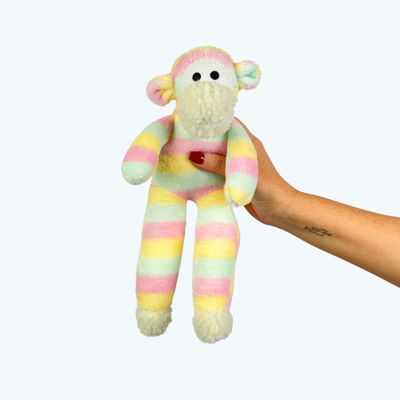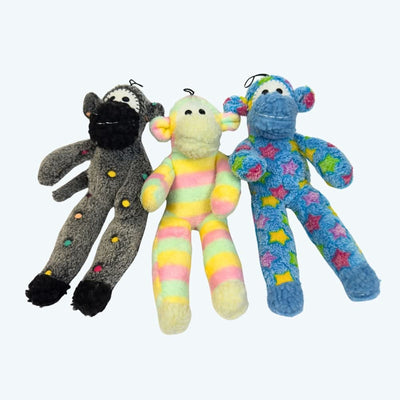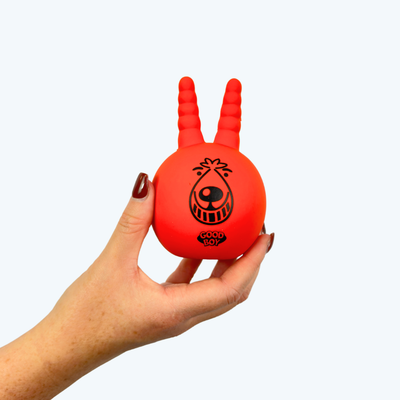If you’ve ever seen your dog get worked up over fireworks, being left alone, or even just a change in routine, you’ll know how hard it is to watch. They can’t tell us what’s wrong, but you can tell when something’s off.
Dog anxiety is way more common than people realise—and the good news is, there’s loads you can do to help calm things down without jumping straight into medication.
Do You Need to Use Meds?
Sometimes, yeah—but only if things are really bad. We’re talking panic attacks, serious stress, not eating, pacing for hours. In those cases, a vet might recommend short-term medication to help. But for most dogs, you don’t need to go down that road straight away.
There are plenty of gentler ways to help your pup feel safe and secure first.
Do Dog Calming Products Actually Do Anything?
They can, and loads of dog owners swear by them. Here’s a few things we’ve seen work really well:
- Anti-anxiety beds – Like a big soft hug. Dogs naturally curl up in the sides, and it helps them settle, especially during stressful moments.
- Pheromone sprays or plug-ins – Things like Adaptil give off a scent that mimics what mum dogs release to calm puppies. It’s not strong to us, but it works for some dogs.
- Natural calming chews – Look out for ingredients like chamomile, valerian, or CBD (make sure it’s dog-safe). These are good for general chill-out vibes.
Not everything works for every dog—but if your dog’s on edge a lot, they’re definitely worth a try.
Natural Ways to Help Your Dog Relax
Some of the best tricks don’t come from a shop at all:
- Give them a ‘safe spot’ – A crate with a blanket over it, or a quiet corner with a comfy bed can make a huge difference.
- Walk it out – Bit of exercise does wonders. A tired dog is usually a calmer dog.
- Massage or gentle fussing – Some dogs love a good slow ear rub or chest scratch when they’re anxious.
- Play calm music – Honestly, YouTube has loads of dog-calming playlists that are weirdly effective.
- Frozen treats or lick mats – Keeps them busy and helps them self-soothe. Just freeze something dog-safe they love.
What About Adaptil?
It works for some, not for others. It’s not a miracle product, but it does help a lot of dogs feel a bit more chilled, especially if they’re just mildly anxious or dealing with something like travel, moving house, or being home alone.
Spotting Anxiety in Your Dog
Here’s a few tell-tale signs something’s up:
- Constant barking or whining
- Chewing stuff (especially when you’re out)
- Pacing or hiding
- Shaking or panting when it’s not hot
- Always needing to be right next to you
- Drooling, refusing food
If you’re seeing a few of these, it’s worth trying some calming tools or routines to see what helps.
Final Thought
There’s no one-size-fits-all solution. Some dogs need a cosy space, others need stimulation, and some just want to be near you. Try a few different things and see what clicks.
And if you need a hand, we’ve got calming beds, natural treats, and a few handy toys that could make life a little easier for your pup.
Give us a shout if you’re not sure where to start—we’re always happy to help.
Products that helped my dog
Check out the calming products I use:



































